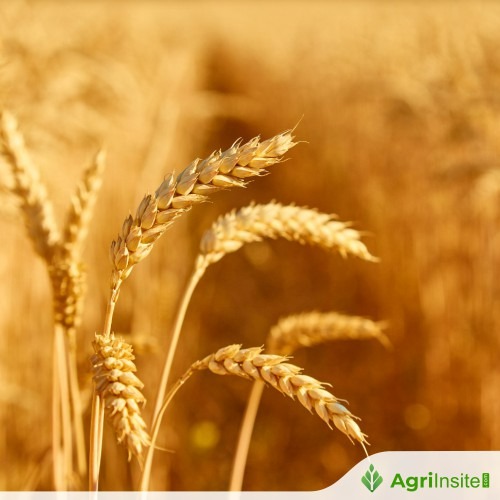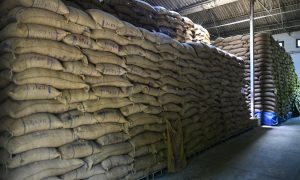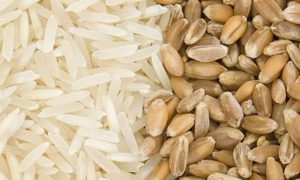Punjab’s private wheat procurement soars, closes in on 2006 record

Private wheat procurement in Punjab has surged to 9.28 lakh tonnes this season—the highest since 2006 and poised to break the two-decade record of 13.12 lt. Private players now account for over 8% of the state’s wheat purchases amid a bumper crop and rising preference among millers for local wheat at MSP rates over costlier OMSS offerings.
Private wheat procurement in Punjab is experiencing a significant surge this year, reaching the highest levels since 2006. The figures are quickly approaching the record numbers set in 2006, the year with the highest private wheat procurement by traders in the state over the past two decades.
According to official Punjab Mandi Board data, private traders have procured 9.28 lakh tonnes (lt) of wheat in Punjab as of Wednesday. The only higher private procurement occurred in 2006, when private traders purchased 13.12 lakh tonnes, according to records from the Food Corporation of India (FCI). The year 2007 saw private procurement of 9.18 lakh tonnes. If the trend continues, this season could match or surpass the 2006 record for private procurement, marking a significant shift in Punjab’s procurement dynamics.
“We expect that it will reach the 2006 record by the end of the season,” said a senior official familiar with the procurement trends.
The wheat procured by private traders forms a substantial share of the 114.16 lt purchased in the ongoing procurement season. The total wheat arrival in the state’s mandis stands at 115.57 lt, which means private players account for over 8 per cent of the total purchase—a notable development, given the usual dominance of government procurement agencies in the state.
Procurement of wheat is still ongoing in the state, and it will take at least two more weeks to complete. A bumper crop is expected this year in Punjab, as weather conditions remained favourable throughout the wheat-growing season.
Private procurement in recent years has been significantly lower: in 2024, it was 7.55 lt; in 2023, it was 4.69 lt; in 2022, it was 6.33 lt; in 2021, it was only 1.14 lt; in 2020, it was 1.93 lt; in 2019, it was 2.80 lt; and in 2018, it was 2.06 lt.
There are approximately 70-75 roller flour mills in Punjab, with a daily processing capacity of 7,400 tonnes of wheat, although they typically operate at around 50 per cent capacity. This translates to an annual processing capacity of approximately 15 lt. Millers primarily focus on supplying atta, sooji, and maida within Punjab and to other states.
According to the Punjab Market Board (PMB), Punjab millers earlier procured only 25-30% of wheat from within the state. The remaining 70–75 per cent was procured from the FCI’s e-auctions under the Open Market Sale Scheme (OMSS) and from other states, such as Uttar Pradesh and Rajasthan, which often supplied wheat at lower prices than the FCI. However, this year, millers have already purchased over 60 per cent of their total wheat requirement from within Punjab.
Several factors have contributed to this surge, Naresh Ghai, president of the Punjab Roller Flour Mills Association, told The Indian Express.
“Last year, rates were high—even the FCI under OMSS had opened the tender at Rs 3,100 per quintal, while the MSP was Rs 2,325 per quintal then,” said Ghai, adding that this year, millers preferred to purchase wheat at the MSP of Rs 2,425 per quintal instead because they are apprehensive of higher rate under OMSS.
He added that millers are expected to purchase 2–3 lakh tonnes more in the coming days. The remaining 3 lakh tonnes will likely be procured directly from farmers, as many have stored a portion of their produce to sell later to private traders. Some quantity will also be bought under OMSS or sourced from other states.
Ghai said the increase in private wheat procurement indicates traders and millers are working to optimise their procurement strategies and reduce financial risks.
To Read more about Wheat News continue reading Agriinsite.com
Source : The Indian Express

















